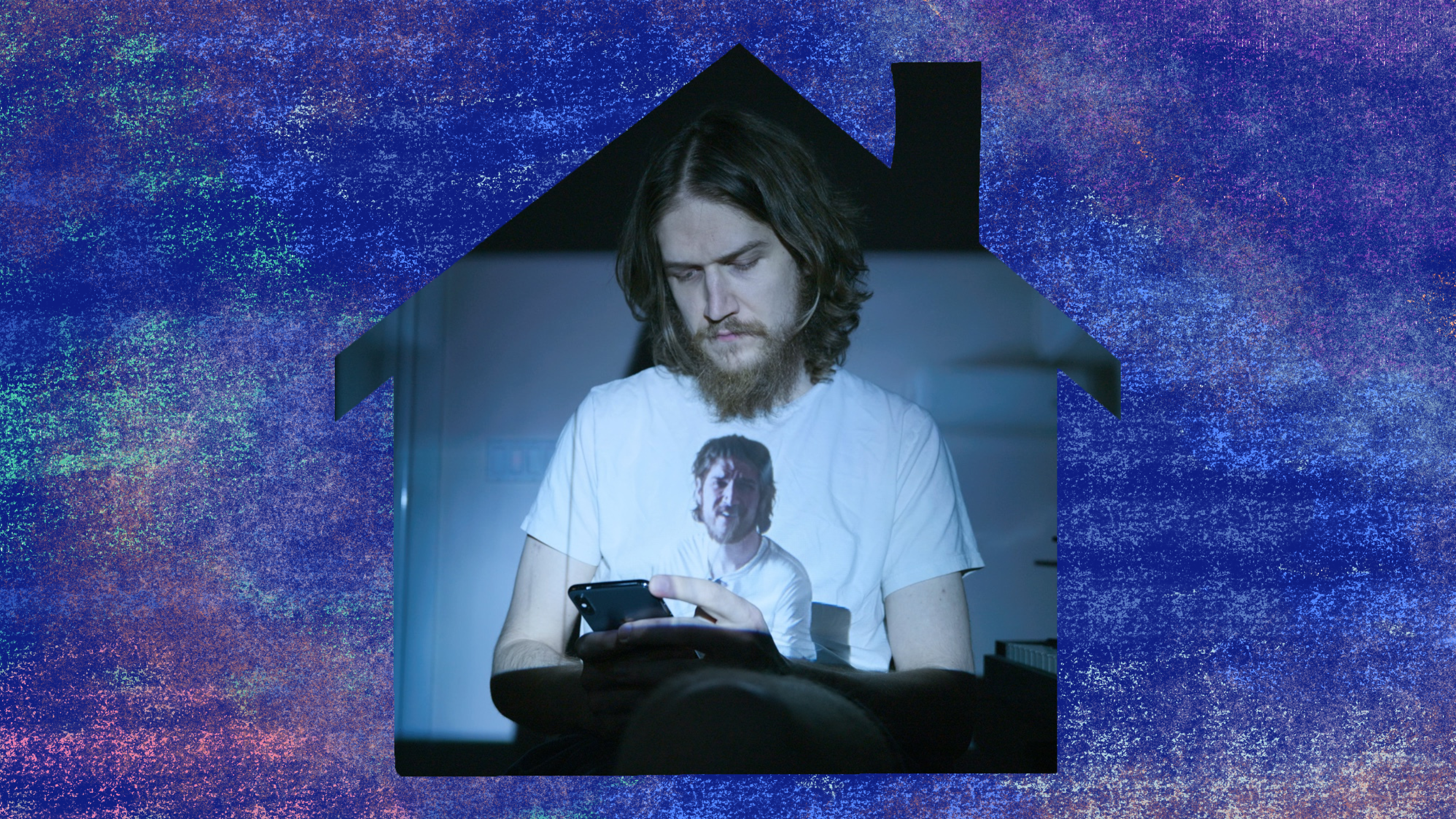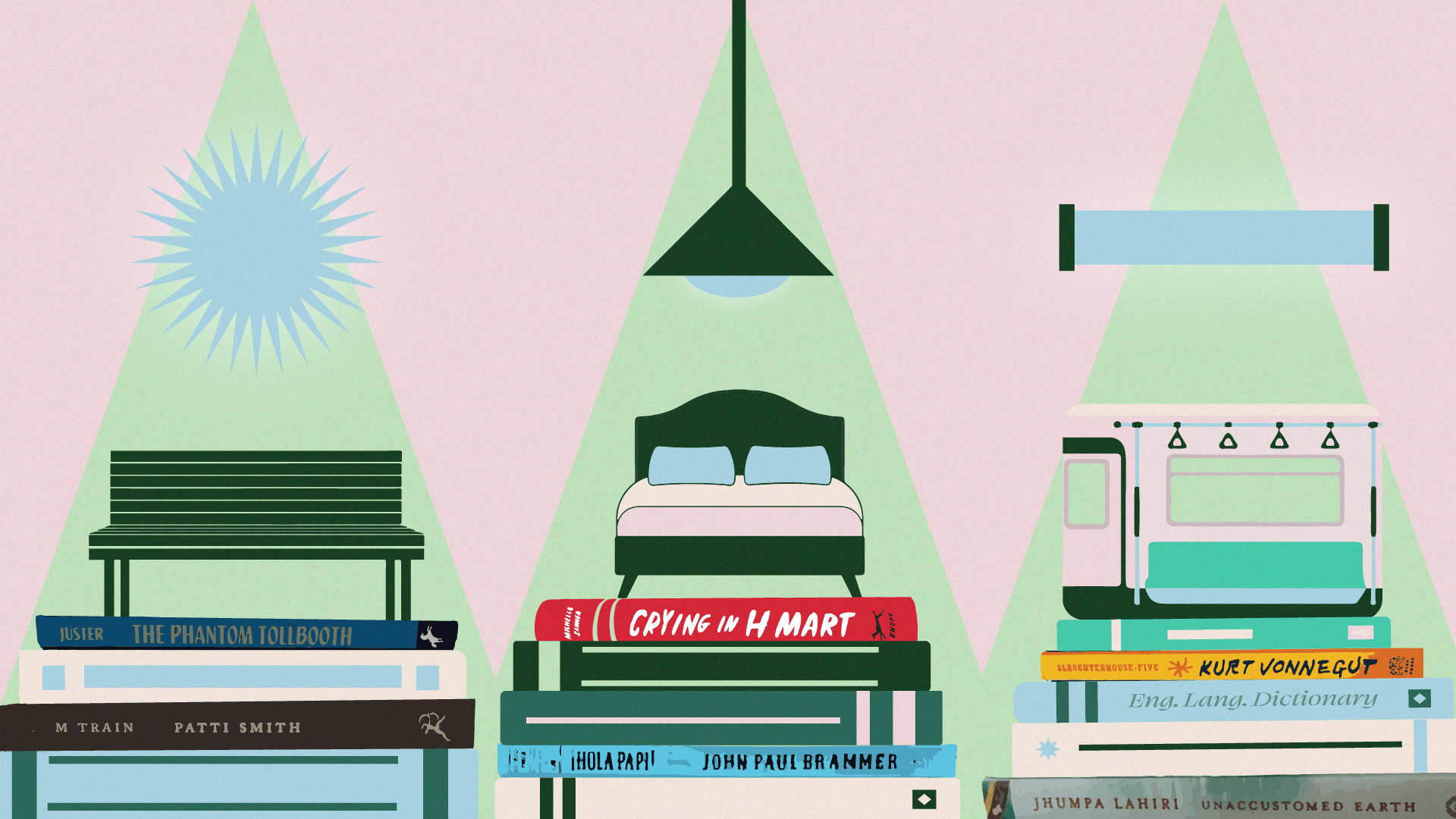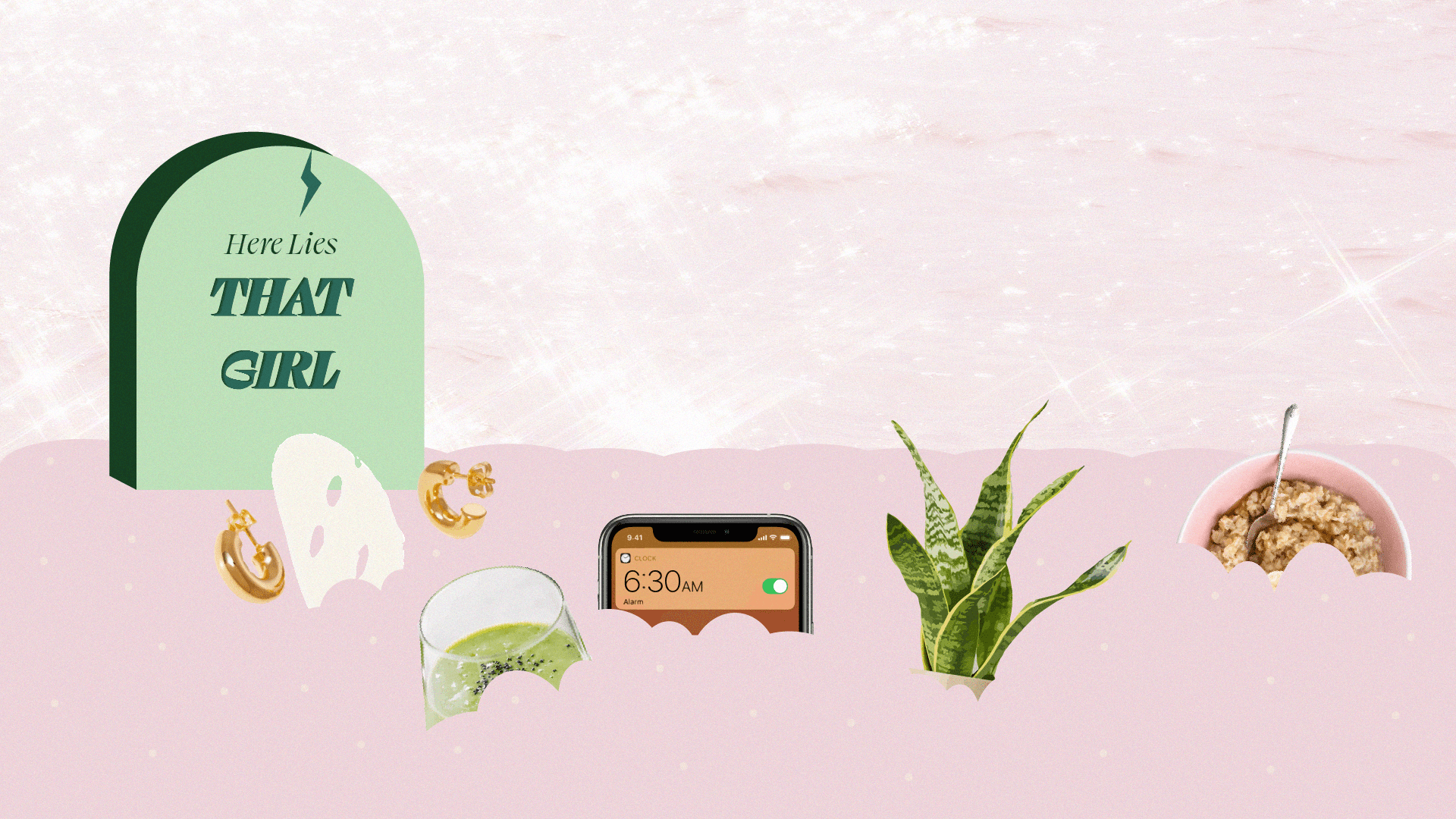
Why I Keep Coming Back to Bo Burnham’s ‘Inside’
Burnham captures the grief and claustrophobia of our pandemic years.
I wasn’t prepared for the serious introspection Bo Burnham’s newest comedy special Inside would summon upon viewing. The “comedy” special — written, directed, edited, and starring Burnham — is essentially a one-man show featuring dramatic musical numbers and skits, all shot inside a single room for the program’s entirety. What starts as a light-hearted reflection of himself and the outside world quickly evolves into a show devoted to Burnham’s deteriorating mental state, the longer he’s trapped inside his home.
Three months after its release on Netflix, I find myself revisiting the special often; not only to marvel over Burnham’s masterful artwork, but also to examine and re-examine the overt themes of reckoning, absurdity, longing, solitude, and depression that Burnham creatively conveys to the audience.
Unlike other Netflix originals that garnered lots of hype, especially on social media, then quickly faded away (Bird Box, Tiger King), Inside poses something different: it requires work from the viewer long after the special is over. In a capitalist society where much of our surroundings and media intake is performative in more ways than one, Inside frequently turns the camera back onto its audience.
Before he performs the musical number “Unpaid Intern,” Burnham even asks “Can anyone shut the fuck up?” Though a blunt question, at the center of Inside is encouragement for honest reflection. In some cases, Burnham has placed mirrors in the background to regularly remind viewers not to get swept away with his literal and satirical performances of song, comedy, and despair. Rather, it’s imperative we keep in mind the central-most theme of the special.
Burnham wants viewers to take a hard look at themselves with the intent of getting better. In the song “Comedy,” Burnham says “If you start to smell burning toast, you’re having a stroke or overcooking your toast.” Meaning, it couldn’t hurt to check in on yourself once and a while, especially being that we’re in a pandemic. At best, you’ll find little wrong. However, practicing regular introspection may save you in the long run. And sadly, after I finished the special, I realized reflecting was something I had yet to truly do before watching Inside for the first time. Because, truthfully, I found the most comfort in deflecting.
But as Inside concludes, it’s now our turn to put ourselves in Burnham’s shoes and explore the many conflicting and complicated emotions we may have had since the pandemic first began. “I wanna hear you tell a joke when no one’s laughing in the background,” he says in the final song, “Goodbye.” And as the credits rolled, I felt sadness. Sadness for Burnham. Then sadness for myself. And finally, a sadness for the collective loss we’ve all experienced and are still experiencing as the pandemic persists and continues to have global consequences. So, as Burnham instructed, it was my turn to shut the fuck up and dig into my grief.
Last year, like many others, I grieved the loss of many things at once. And the forced narrative of America being at a “post-pandemic” point provides no space for any of us to sit with our grief nor heal from trauma brought on by the unprecedented events of the last two years. Like many recent grads, I find myself trying to get my life back on track as I endure the stress of applying for jobs again and gear up to go back to school in the fall. I also stopped doing all the (albeit superficial) self-care practices that helped me cope, because the pace at which our society is moving to “return to normal” makes me feel as though I should be past the point of needing comfort from those activities.
Unfortunately, the unhealthy methods of coping I picked up last year to distract myself from myself and global disasters I can’t control are still very much present in my day-to-day schedule — spending too much time on my phone and subsequently doom-scrolling, as well as using other forms of media and pop culture to divert my mind from forming any negative thoughts that might distract me from work or socializing with others.
My experience navigating an ill-timed pandemic (as if there’s ever a proper time for catastrophic events) the best way I can isn’t unique. Clearly, Bo Burnham seems to be merely figuring things out the best way he knows how as well. The Massachusetts-born comedian had been on a five-year hiatus from performing live comedy specials after suffering severe and frequent panic attacks while onstage. His comeback was slightly deterred by the pandemic, but he managed to shift gears and give fans a “quarantine-esque” performance to reflect the newfound, complex, and depressing reality we all had to manage.
While the pandemic ensues and gets worse again, the time to re-examine the sorrow we all felt last year is now. I keep revisiting the special because the sadness I felt after watching Inside gave me a chance to pause and properly hold space for my grief — which ultimately was the point. “It’s just me and my camera and you and your screen,” Burnham tells the audience as the special begins. Inside “begs us to look inward” before re-entering the world, says arts writer Anya Soller for The Michigan Daily.
And I will — I must and so should you — because the oppressive systems and classes of our society aren’t going to validate, acknowledge, nor remotely care for the full scope and nuance of our angst. So, the least I can try to do is validate and (re)engage with all I and we’ve lost— but also withstood. Because whether America’s ready for it or not, we may soon find ourselves forced back inside having to find ways to cope all over again.


